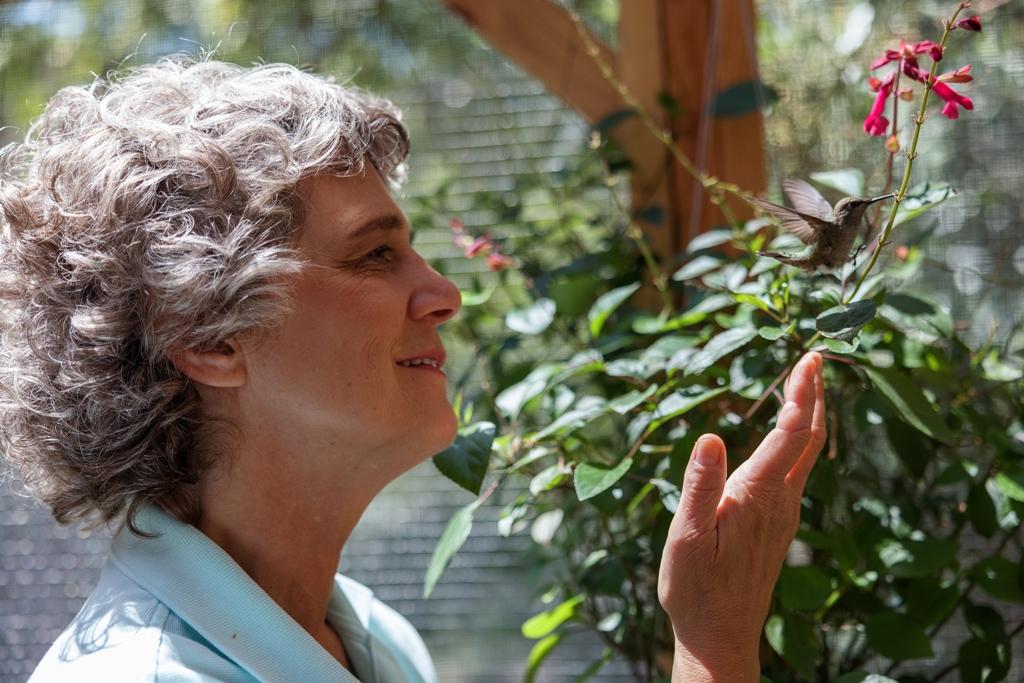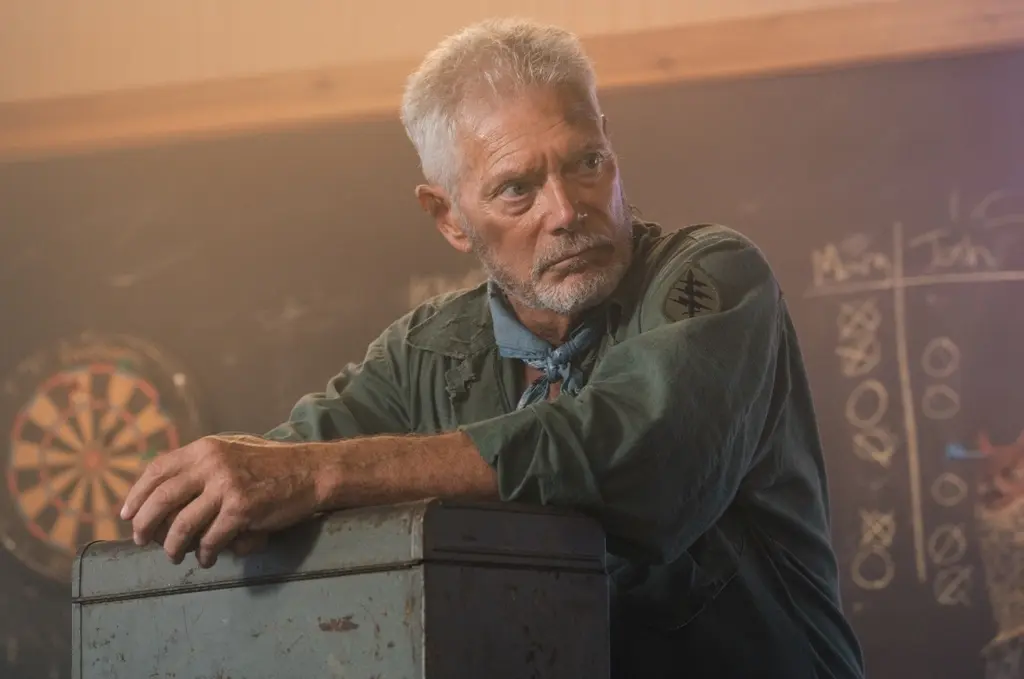NR | 1h 33m | Documentary, Biography, Nature | 2025
About the only thing wrong with “Every Little Thing,” the new documentary from Australian director Sally Aitken is its release date—early January. Having screened at only a handful of 2024 festivals, the movie should have come out this past fall, when it would have surely garnered multiple award considerations. Had I seen “Every Little Thing” even as recently as two weeks ago, it would have easily made my 2024 Top 10 list.






